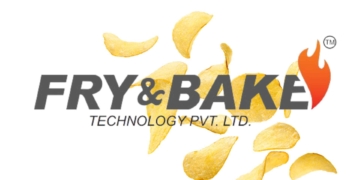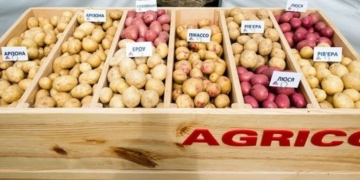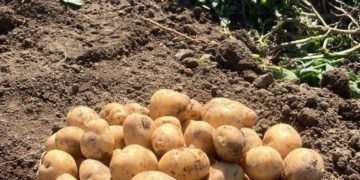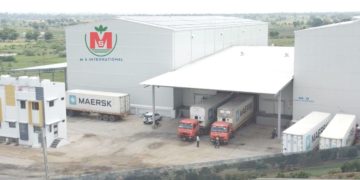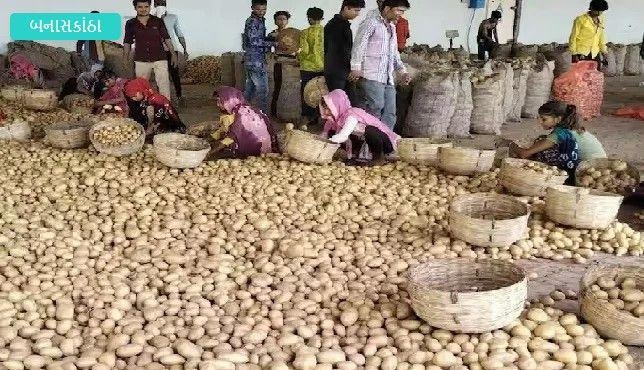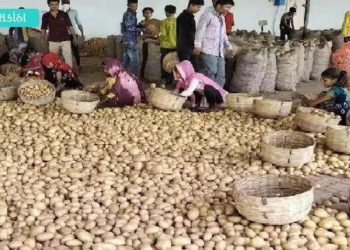Gujarat’s potato harvest constitutes only 7.5% of the national production, the state has played a pivotal role in transforming India from a French fries importer to an exporter in just over a decade. Gujarat’s favorable climate facilitates the cultivation of various potato varieties, which are extensively utilized for producing frozen potato-based products. The state is home to the major manufacturers of such items – HyFun Foods, McCain Foods and Iscon Balaji Foods. These companies have not only made substantial investments, exceeding Rs 1,000 crore, but also demonstrate a strong optimism for future expansions.
Banaskantha, the leading vegetable producer in Gujarat, holds the distinction of being the largest potato producer district not only in Gujarat but also in India. Banaskantha supplies a significant portion of the potatoes used by fast food centers across the country for their frozen potato snack business.
Banaskantha district has a longstanding tradition of potato farming, dating back to the British Raj. However, it was Canada’s McCain Foods, a globally renowned supplier to McDonald’s, that brought scientific farming techniques to the region. McCain’s entry into India in 1998 led to significant advancements in potato farming. The company addressed challenges in other states and found Gujarat to be an ideal location due to its climate and availability of land suitable for contract farming.
McCain identified substantial water wastage due to flood irrigation in Gujarat and introduced the use of sprinklers, resulting in a reduction of water and nitrogen usage. This practice, now widely adopted and supported by government subsidies and consistent power supply, has contributed to significant environmental and economic benefits. Today, Banaskantha boasts the highest number of farmers using sprinkler irrigation for potatoes. This widespread adoption of sprinkler irrigation underscores Banaskantha’s commitment to embracing innovative and sustainable agricultural practices, further enhancing the efficiency and productivity of potato farming in the region. Other innovations, such as reduced planting time and energy-efficient cold storage, have further enhanced the efficiency of potato farming in the region.
Since initiating contract farming in 2006, McCain has witnessed remarkable growth, collaborating with thousands of farmers across a substantial land area. The process involves signing contracts before the planting season, specifying quality parameters and farming schedules for each potato variety. Farmers receive seed spuds at decided rates, with the remaining amount deducted from the sale price upon harvest, fostering a mutually beneficial relationship.
Banaskantha’s evolution into a key player in the potato industry underscores the transformative impact of modern agricultural practices and strategic partnerships, ultimately benefiting both the local economy and the agricultural community.


